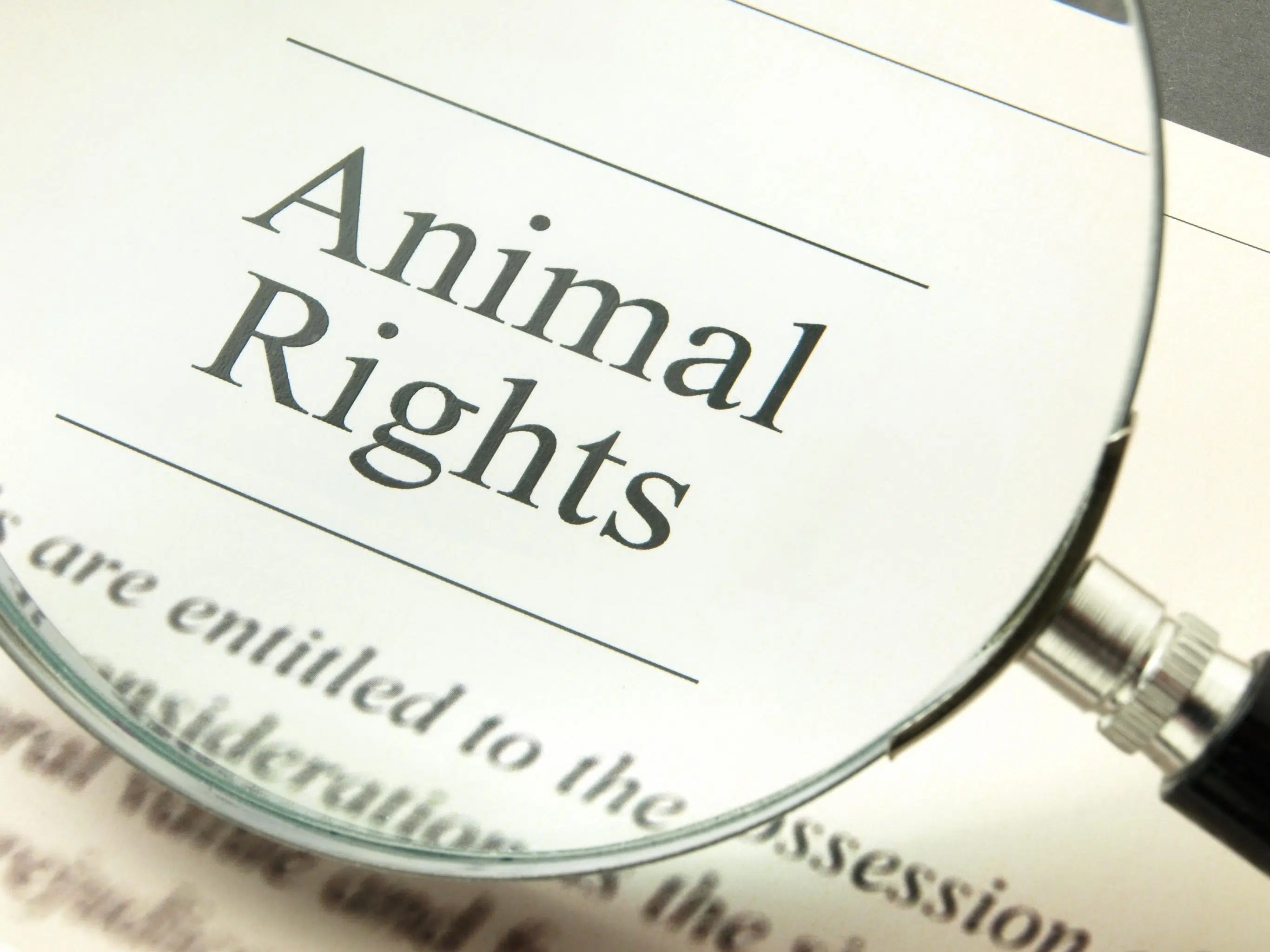
A Wisconsin court case involving charges against animal rights activists remains in play.
Ahead of trial proceedings, various groups are calling attention to their claims of the mistreatment of dogs at a Dane County research facility. Three individuals face trial this fall over felony burglary and theft charges stemming from activity in 2017.
The animal rights group Direct Action Everywhere said the defendants rescued three beagles from Ridglan Farms near Madison. It asserted the trio was able to document filthy conditions and psychological trauma felt by the dogs, noting they were confined to small cages.
Wayne Hsiung, co-founder of the group, said the animals are bred for inhumane testing.
“After sometimes months or years of confinement that drives many of them to insanity, they’re subjected to experiments that are so nightmarish that they’re hard for people to believe are true,” Hsiung contended. “I wouldn’t believe they were true if I hadn’t seen documentary evidence that these things were happening.”
For example, the group claimed dogs are force-fed toxic compounds, including laundry detergents.
The facility did not reply to a request for comment. On its website, Ridglan Farms said it is committed to the highest standards of health while touting credentials from the Association for Assessment and Accreditation of Laboratory Animal Care. The Dane County district attorney declined to comment.
The Wisconsin-based organization Alliance for Animals is among those raising awareness about the issue.
Mary Telfer, the group’s board president, said allies are not trying to diminish any need to advance scientific solutions, but argued such research is unnecessary.
“There are modern approaches that can test faster and more precisely than the outdated animal models,” Telfer emphasized. “There are organs on chips and computer simulations and things that are so much better than this horrific suffering.”
Jeffrey Brown, another Alliance for Animals board member, said while the public may not have direct interactions with species typically used for testing — such as primates — many people do have deep connections with dogs. He hopes it convinces them to pay closer attention.
“They’re gonna think, ‘There’s no difference between the beagles that are in this lab and the dog that’s right here. And I would never in my life would ever think about harming my own animal; why do I allow this to take place with just a different dog?'” Brown explained.










